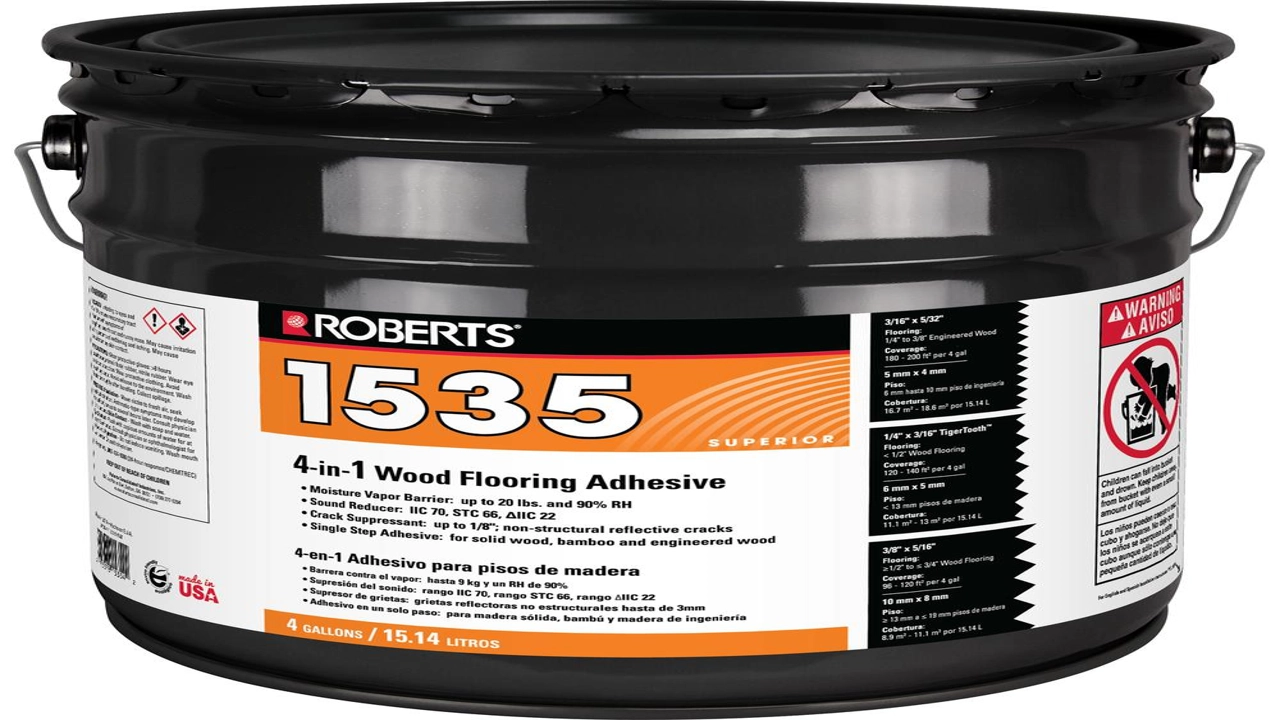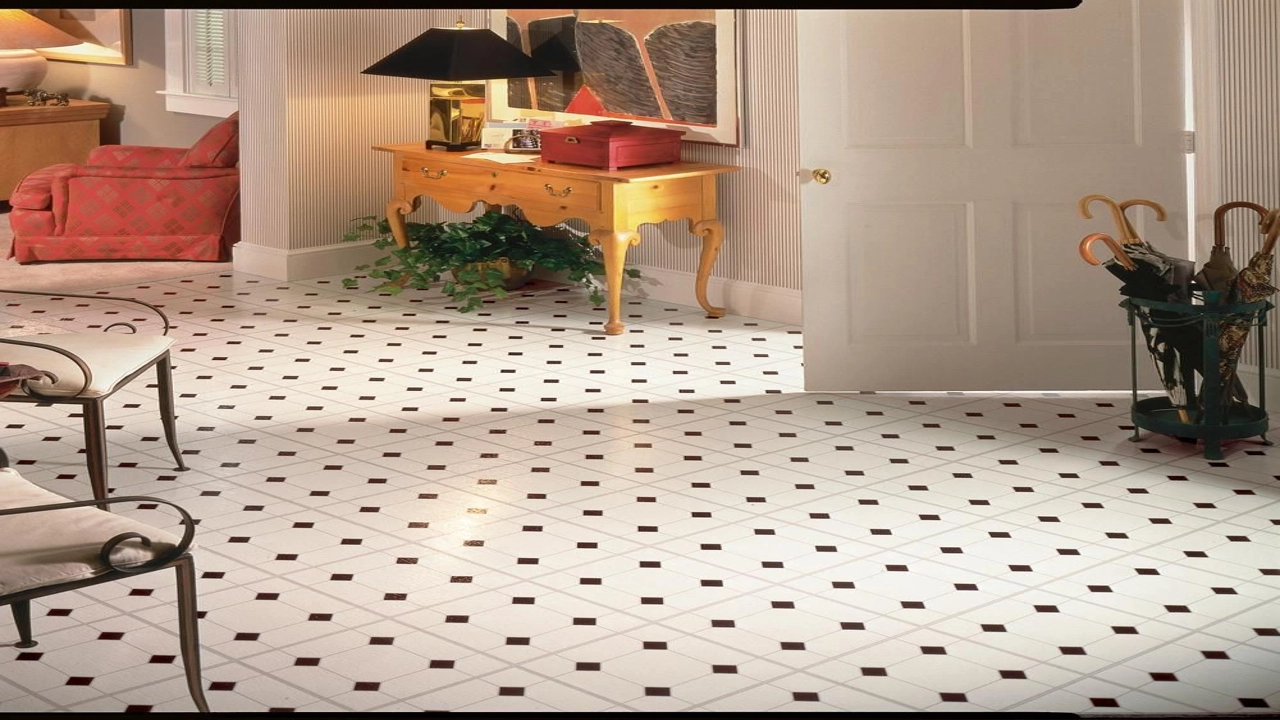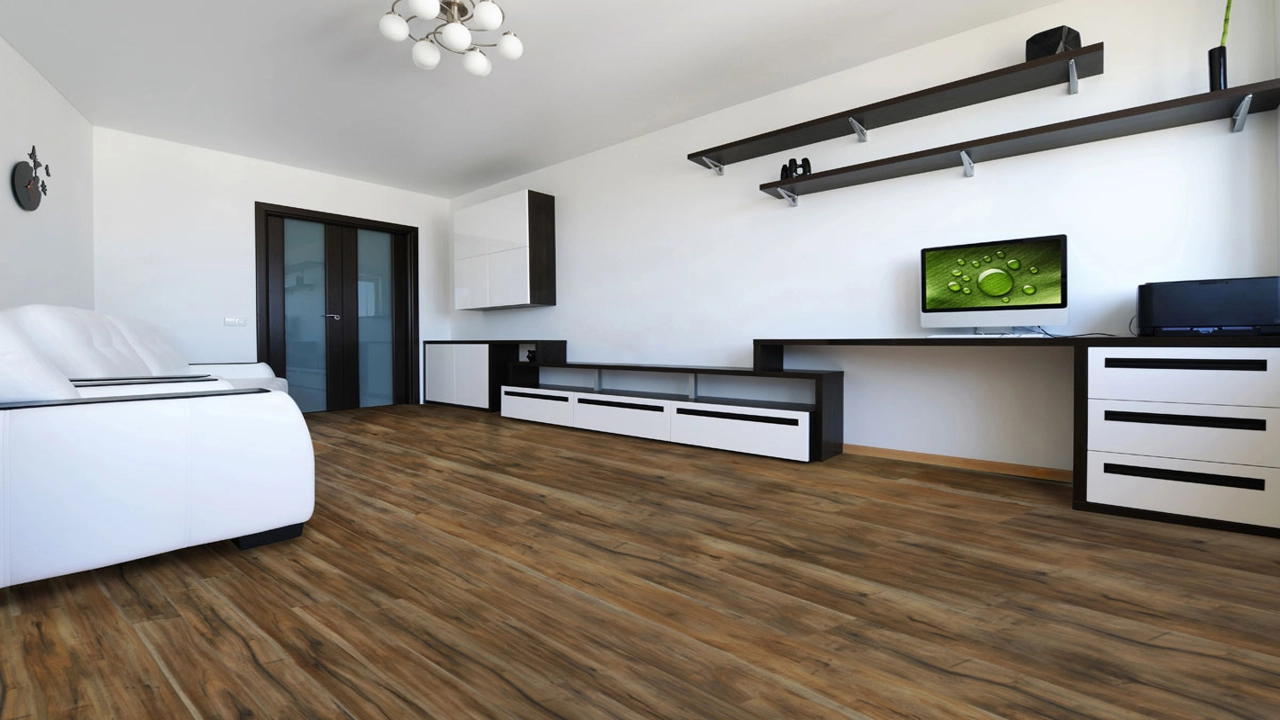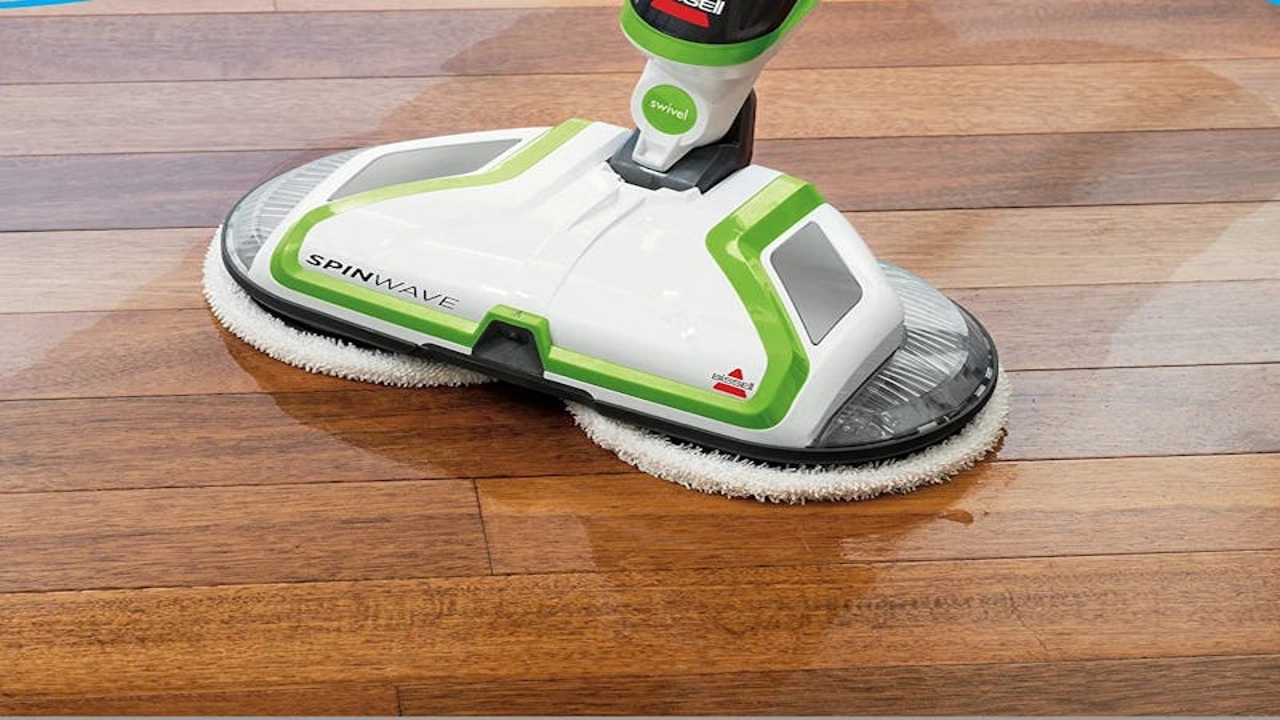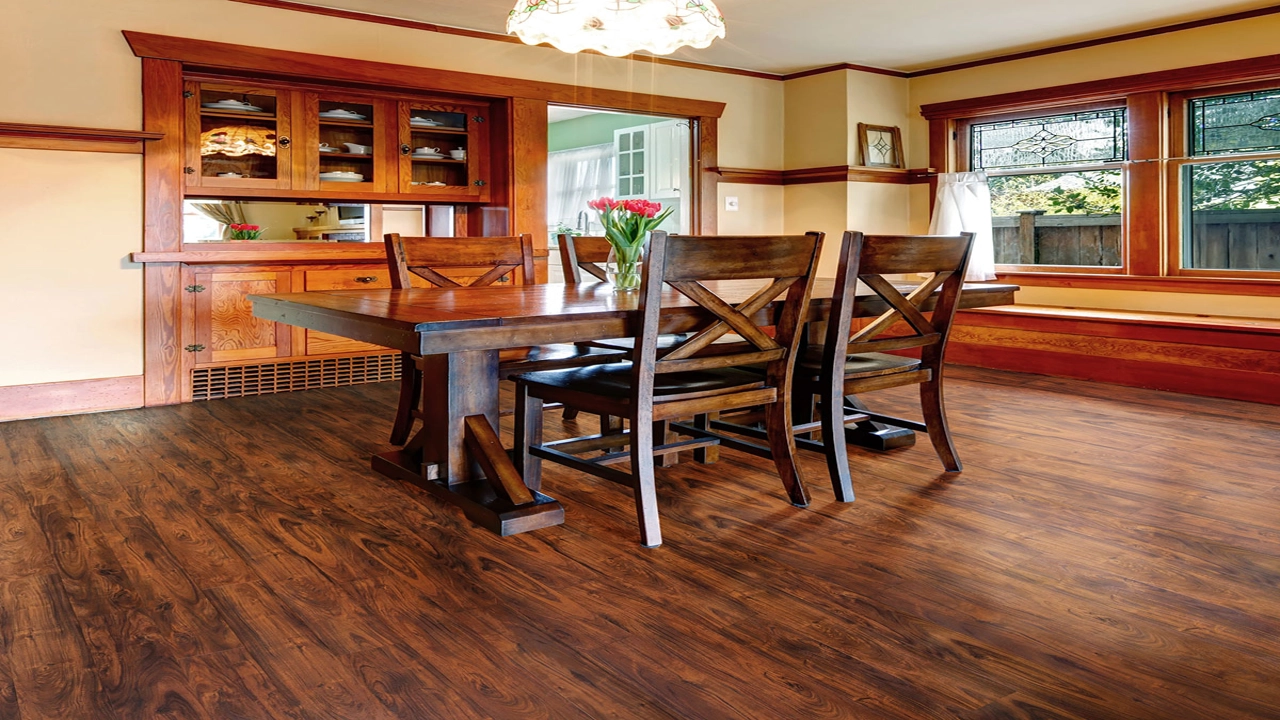Glue for floor installation secures various floor coverings. We offer a wide selection of high-quality adhesives designed for specific flooring materials, ensuring a strong, lasting bond. Choose the right glue for your project and achieve professional results.
Find the perfect glue for floor types ranging from hardwood to tile to vinyl. Our comprehensive range includes options for different subfloors and application methods, simplifying your floor installation process. We provide reliable, durable solutions.
glue for floor shocking secret
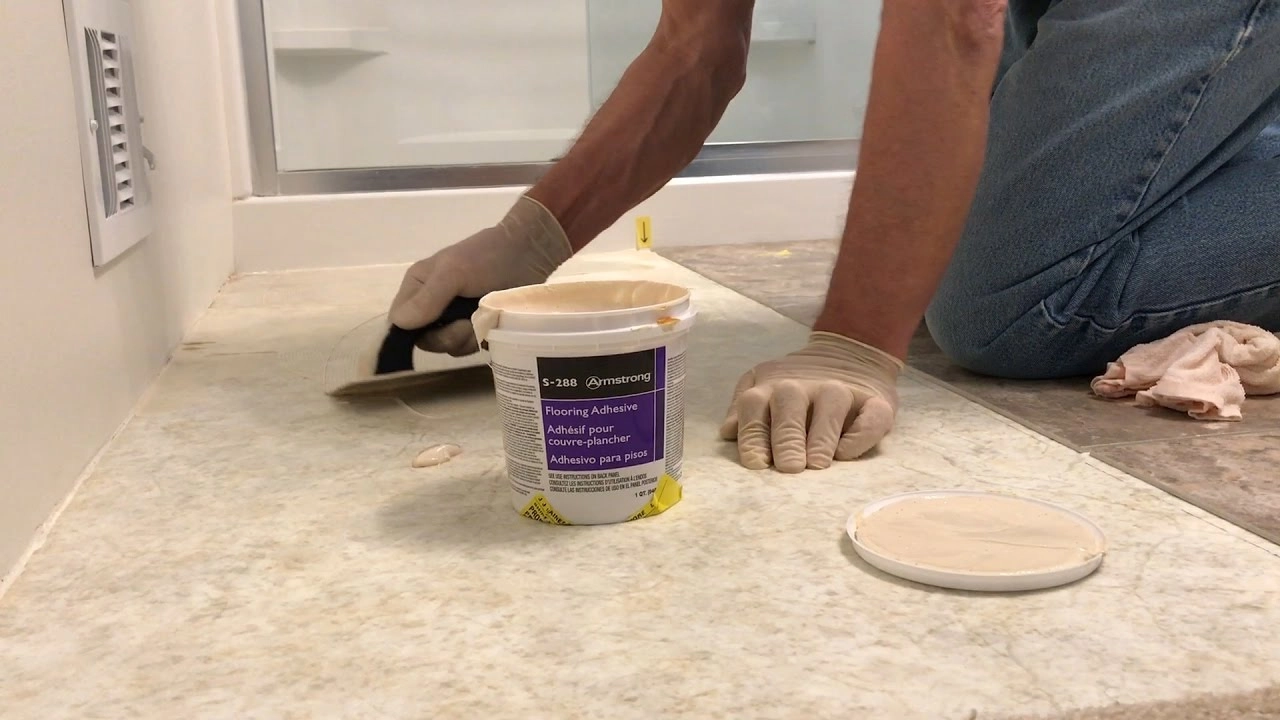
Choosing the Right Glue for Your Floor: A Comprehensive Guide
Floors take a beating. They withstand daily traffic, spills, and the general wear and tear of a busy home or workspace. So, when it comes time to repair or install flooring, selecting the right adhesive is crucial for a long-lasting, secure bond. Finding the perfect “glue for floor” can feel overwhelming, with so many options available. This guide will help you navigate the world of floor adhesives and choose the best one for your project.
Understanding Different Types of Floor Adhesives
The ideal glue for floor depends entirely on the type of flooring you’re working with. Let’s explore some common flooring types and their corresponding adhesives:
-
Vinyl Flooring: Vinyl is a popular choice for its durability and affordability. For vinyl sheet flooring, a water-based adhesive is typically recommended. This type of adhesive offers excellent adhesion, is easy to clean up, and emits fewer volatile organic compounds (VOCs). For vinyl tiles, you might use a pressure-sensitive adhesive (PSA) backing already applied to the tiles, or a separate adhesive depending on the manufacturer’s recommendations. Always check the manufacturer’s instructions to determine the correct “glue for floor” for your specific vinyl type. Finding the right “glue for floor vinyl” often involves examining specific product details on the adhesive packaging.
-
Laminate Flooring: Laminate flooring requires a specialized adhesive designed for its click-lock or floating installation system. Using the wrong adhesive can damage your flooring and void any warranties. Look for adhesives specifically designed for laminate flooring. Many installers recommend using a moisture barrier beneath the laminate flooring, regardless of the “glue for floor laminate” used.
-
Wood Flooring: Wood flooring installation requires a different approach. For solid wood, you might use construction adhesive, which provides a strong bond. Engineered wood flooring often employs a click-lock system, similar to laminate, though certain types may still require adhesive. Always consult the manufacturer’s guidelines to determine the appropriate glue for floor for your chosen wood type. Many online guides provide comprehensive advice on the best “glue for floor wood”.
-
Tile Flooring: Ceramic and porcelain tiles usually need a thin-set mortar, not a typical glue. Mortar is a cement-based adhesive that provides superior strength and stability for these heavier flooring materials. Choosing the right thin-set mortar depends on the tile’s size and the substrate. Searching for “glue for floor tiles” online might lead you to appropriate thin-set products.
Considering Key Factors When Choosing a Floor Adhesive
Beyond flooring type, several factors influence adhesive selection:
-
Substrate: The surface you’re applying the adhesive to is crucial. Concrete, wood subfloors, and even existing flooring all have different requirements. The wrong adhesive on the wrong surface could lead to complete adhesive failure. Ensure you select an adhesive compatible with your substrate. Failing to research suitable “glue for floor concrete” or other substrate types can lead to flooring problems.
-
Moisture Levels: High moisture levels can seriously affect the bond of floor adhesive. In damp basements or bathrooms, choosing a moisture-resistant or waterproof adhesive is paramount.
-
Open Time: Open time refers to the time you have to work with the adhesive before it sets. Some adhesives have a long open time, ideal for large areas. Others set quickly, requiring faster installation. Select an adhesive with an open time suitable for your skills and project scope.
-
VOC Emissions: VOCs (volatile organic compounds) are chemicals released from adhesives. Low or zero-VOC adhesives are healthier for you and the environment. If indoor air quality is a concern, prioritizing low-VOC adhesives is a smart choice.
-
Application Method: Some adhesives are trowel-applied, while others are spread using a notched trowel or roller. Check the manufacturer’s instructions for specific application methods. For specific instructions related to “glue for floor application”, always consult the product details.
Common Mistakes to Avoid When Using Floor Adhesive
Several common errors can compromise a flooring installation:
-
Ignoring Manufacturer’s Instructions: This is perhaps the most critical mistake. Always carefully read and follow the manufacturer’s instructions. They offer vital information about surface preparation, application, drying time, and more.
-
Using the Wrong Adhesive: Matching the adhesive to the flooring and subfloor is absolutely essential. Using the wrong adhesive can lead to costly repairs or complete flooring failure.
-
Poor Surface Preparation: A clean, dry, and level surface is necessary for proper adhesion. Failing to properly clean and prepare the substrate creates a weak bond, leading to issues.
-
Incorrect Adhesive Application: Improper trowel technique or applying too much or too little adhesive can also impact adhesion.
Choosing the Right Adhesive for Your Specific Needs: a Quick Guide
This table summarizes the common types of floor adhesives and their typical applications:
| Flooring Type | Recommended Adhesive Type | Important Considerations | |———————-|————————————|————————————————————-| | Vinyl Sheet | Water-based adhesive | Easy cleanup, low VOCs | | Vinyl Tiles | Pressure-sensitive adhesive (PSA) or water-based | Check manufacturer’s recommendations | | Laminate | Laminate-specific adhesive | Crucial for proper click-lock functionality | | Solid Wood | Construction adhesive | Strong bond, may require specific wood-appropriate options | | Engineered Wood | Click-lock system or construction adhesive | Check manufacturer’s recommendations; moisture resistance | | Ceramic & Porcelain Tiles | Thin-set mortar | Cement-based adhesive, crucial for heavy tile installations |
Remember, before beginning any flooring project, consult a flooring professional if you’re unsure about the best “glue for floor” to use for your specific project requirements. The right adhesive is critical to the success of your installation; improper adhesive selection can lead to costly repairs and frustration. Thoroughly researching the best type of “glue for floor” before starting any project ensures success. Always consider searching for “best glue for floor” online, along with related searches like “types of glue for floor”, “glue for floor installation”, and “strongest glue for floor”. Investing some time in research pays off in a beautifully and securely installed floor.
Finding the right glue for your floor should be a simple process. Remember to carefully consider the factors mentioned above to make an informed decision, leading to a lasting, beautiful floor. Don’t hesitate to ask questions from experienced installers or flooring professionals; their insights are invaluable. The importance of using the appropriate “glue for floor” cannot be overstated. A proper installation, achieved with the correct adhesive, significantly impacts your floor’s longevity and overall appearance.
floor glue secret revealed
Choosing the Right Adhesive for Your Flooring Project
Flooring projects can be daunting, but the right adhesive makes all the difference. Finding the perfect glue can seem tricky, and many people wonder about the “glue for floor shocking secret.” Let’s explore some options to help you avoid any flooring surprises. The search term “glue for floor shocking secret” often arises from a desire to find the ultimate, high-performance solution.
Understanding Your Flooring Material
Before you even think about glue, identify your flooring type. Different materials require different adhesives. Are you working with hardwood, laminate, vinyl, tile, or something else? This is crucial because using the wrong adhesive can lead to serious problems down the line, including loose tiles, buckling, or even total flooring failure. The search query “glue for floor shocking secret” often reflects a fear of these very problems.
Hardwood Flooring Adhesives
For hardwood, you generally need a strong, high-quality adhesive designed specifically for wood. These adhesives often have a long open time, giving you time to adjust the planks before the glue sets. Look for descriptions mentioning moisture resistance, as this is essential for protecting your investment. The “glue for floor shocking secret,” in this case, is understanding the wood’s needs and selecting an appropriate adhesive for a long-lasting bond.
Laminate and Vinyl Flooring
Laminate and vinyl flooring often use different adhesives. Laminate typically uses a click-lock system, minimizing the need for glue. If glue is necessary, it is usually a specialized type. Vinyl, on the other hand, might need a specific adhesive depending on the type of vinyl (sheet, plank, tile). This variation highlights why researching the best glue for your specific flooring is so important. Many searches involving “glue for floor shocking secret” stem from the confusion surrounding these nuances.
Tile Adhesives
Tile adhesive is a broad category. You’ll find various types depending on the type of tile (ceramic, porcelain, natural stone) and the substrate (concrete, plywood). Mortar is a common choice for some tiles, offering strong adhesion. For smaller tiles, thinner-set adhesives are often preferred. Getting the right tile adhesive is another aspect where the “glue for floor shocking secret” is understanding the specific needs of your project.
Choosing the Right Adhesive: Key Factors
The “glue for floor shocking secret” isn’t about a single magical product; it’s about making informed decisions. Consider these factors:
- Type of Flooring: This is paramount. The adhesive must be compatible with your flooring material.
- Substrate: The surface you are gluing onto (concrete, plywood, etc.) influences the choice of adhesive.
- Environmental Conditions: Temperature and humidity affect adhesive performance. Check the manufacturer’s recommendations.
- Open Time: The time you have to adjust the flooring before the glue sets.
Important Considerations and Tips
Always follow the manufacturer’s instructions carefully. Prepare the subfloor correctly. Cleaning and leveling the surface are essential for proper adhesion. Proper ventilation during application is also important, especially with certain adhesives. Remember, the “glue for floor shocking secret” often centers around thorough preparation and careful execution.
Additional Search Queries and Related Questions:
- best glue for wood floors
- strongest adhesive for flooring
- what kind of glue for laminate flooring
- glue for vinyl plank flooring
- tile adhesive for concrete floors
- what glue to use for floor tiles
- adhesive for engineered wood flooring
- how to choose floor adhesive
- floor glue for uneven surfaces
- types of floor adhesive
By considering these points and researching specific products based on your flooring material and subfloor, you’ll successfully navigate the adhesive selection process and avoid any flooring fiascos. You’ll master the seeming “glue for floor shocking secret,” making your project run smoothly and your floors last for years to come. The key is careful planning and choosing the right adhesive for the job, not some hidden secret. Searching for terms like “glue for floor shocking secret” often highlights the desire for confidence and assurance in a crucial step of any flooring project. Understanding your materials and following instructions carefully will help you achieve the best results.
Q&A: Floor Glue
Q: What types of floor glue exist?
A: You’ll find different floor glues designed for various floor materials like wood, vinyl, tile, and laminate. Each type bonds best with specific surfaces. Read the label carefully to ensure you choose the right one for your floor.
Q: How much glue do I need?
A: The glue manufacturer’s instructions will specify the correct amount per square foot. It’s better to slightly overestimate than underestimate to ensure a secure bond.
Q: How long does floor glue take to dry?
A: Drying time varies depending on the glue type, the temperature, and the humidity. Check the product label for a precise drying time. You must allow the glue to fully cure before walking on the new floor.
Q: Can I use any glue for any floor type?
A: No. Using the wrong glue can result in a weak bond, causing the floor to lift or buckle. Always use the glue specifically recommended for your floor material.
Q: What should I do if I get glue on my hands?
A: Immediately wash your hands with soap and water. If the glue is difficult to remove, consult the product label for cleaning instructions.
Q: Does the floor need to be perfectly clean before applying glue?
A: Yes. Clean the floor thoroughly to remove dirt, dust, and debris. A clean surface ensures proper adhesion.
Q: What happens if I don’t let the glue dry completely before using the floor?
A: The floor may not adhere properly, resulting in damage to the flooring and potential injury. Follow the drying time instructions precisely.
Q: Is floor glue flammable?
A: Some glues are flammable. Check the product label for safety information and follow instructions carefully. Always work in a well-ventilated area.
Conclusion
Choosing the right floor adhesive depends entirely on your specific flooring type and subfloor conditions. We explored several common adhesive options, highlighting their strengths and weaknesses. Remember to always carefully read the manufacturer’s instructions before starting your project to ensure a successful installation and a long-lasting, beautiful floor. Proper preparation, including cleaning and priming the surface, is just as crucial as selecting the correct adhesive. Investing time in these preparatory steps will yield superior results.
Ultimately, selecting the best glue is a personalized decision, based on your needs and your floor. We hope this guide helped you navigate the options and feel confident in your choice. Now we want to hear from you! What adhesive did you use for your flooring project? Share your experiences, tips, and questions in the comments below. Also, help others find this helpful information by sharing this post on your favorite social media platforms. Let’s build a community of DIY enthusiasts!

